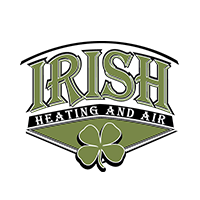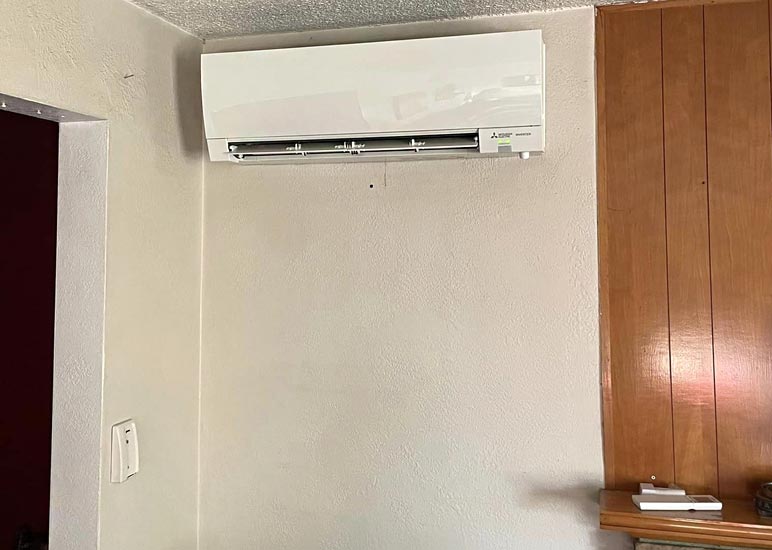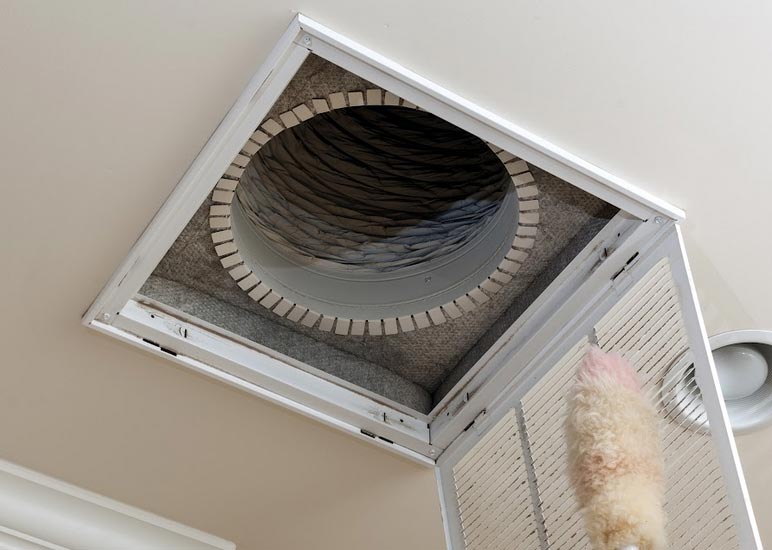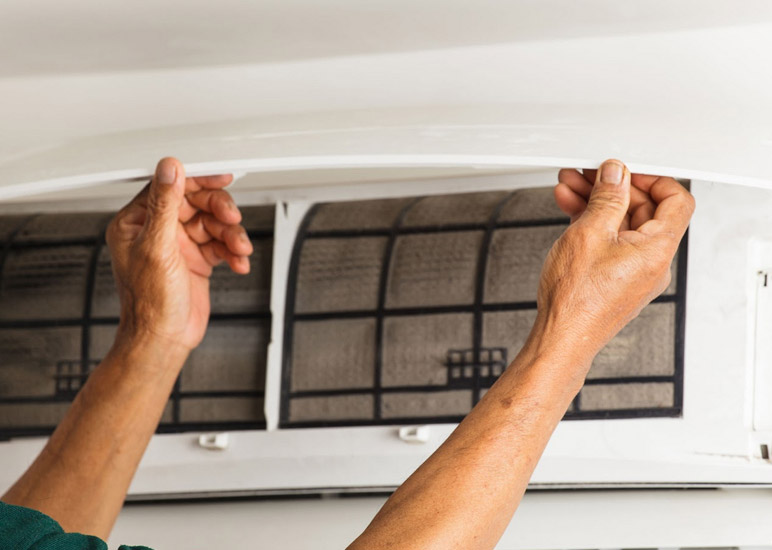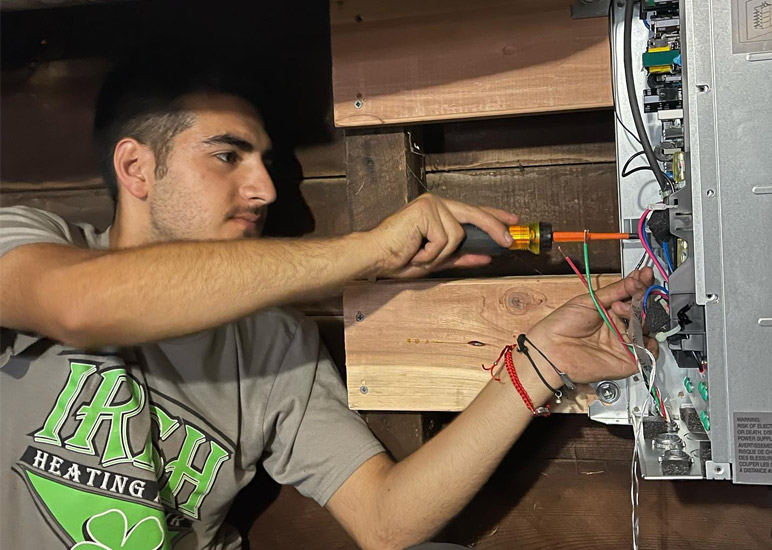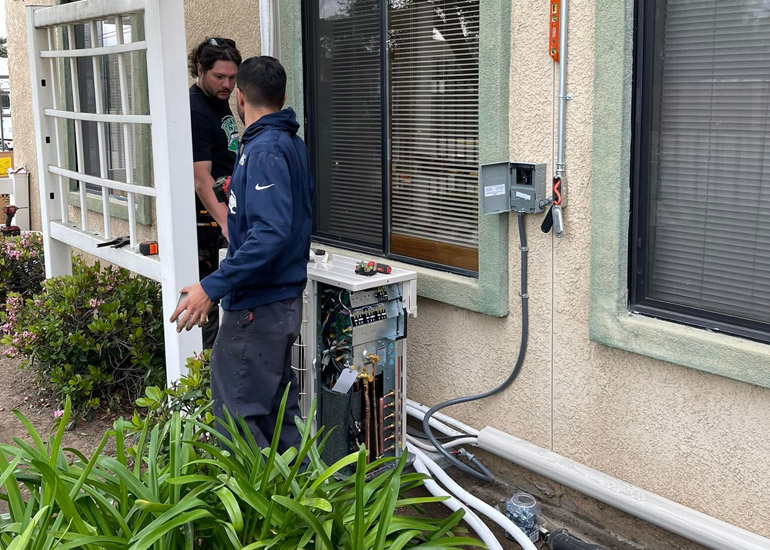 As the temps get warmer and you start to use your air conditioner more often, you may notice your seasonal allergy symptoms are getting worse. Unfortunately, air conditioners of all sizes from small window units to large HVAC installations can make allergy sufferers more miserable.
As the temps get warmer and you start to use your air conditioner more often, you may notice your seasonal allergy symptoms are getting worse. Unfortunately, air conditioners of all sizes from small window units to large HVAC installations can make allergy sufferers more miserable.
Potential Allergy-Inducing Contaminants
Dust Mites
Dust mites may be more common than you might think. These microscopic pests can create mild to severe asthma symptoms in you and your family. Dust mites can collect in the air filters of your air conditioner, as well as being found on bedding, carpeting, curtains, upholstery, and other fabrics around your home.
Pollen
The number one cause of seasonal allergies is due to pollen. This can be from both trees and flowering plants. As the wind blows, more pollen can be dislodged from trees and plants and sent towards your air conditioner. As it collects in the filters of your air conditioner, tiny particles may get through and contaminate your home.
Pet Dander
Pet dander can come from a variety of pets including cats, dogs, small mammals, and birds. This dander is made up of tiny flakes of your pet’s dead skin, as well as any microscopic mites that may have been on the skin. As this dander collects in the air filters of your air conditioner, it can exacerbate allergic reactions and symptoms in a variety of people.
Mold Spores
If your air conditioner has an excess buildup of moisture, it can lead to mold growing on and around the filter or vents. As this mold grows, it will release microscopic spores into the air. If you inhale mold spores, it can not only increase your asthma symptoms, but can potentially lead to long term respiratory issues as well.
Ways to Reduce Allergens
Maintain Air Filters
Air filters need to be replaced or cleaned on a regular basis. Some air conditioners will have washable filters, while others will require brand new replacements. If you notice your allergies getting worse indoors, be sure to check your air conditioner’s air filter and see if it might be due for maintenance or replacement.
Check for Mold
Visual inspections for mold can be a quick and simple process. Look for black or dark gray buildup around the vents or other moist areas. These stains can be quickly cleaned with a small brush and any household cleaner that helps remove surface contaminants.
HEPA Filters
One of the best filters to consider if you suffer from seasonal allergies are HEPA filters. These are extremely high-efficiency filters specifically made for removing a high amount of microscopic contaminants including pollen, bacteria, pet dander, dust, and mold spores. If these contaminants are more than 0.3 microns in size, a HEPA filter can normally remove 99.97% of them from the air. However, you will still need to stay on top of filter maintenance to ensure these contaminants don’t get back into the air of your home or office.
